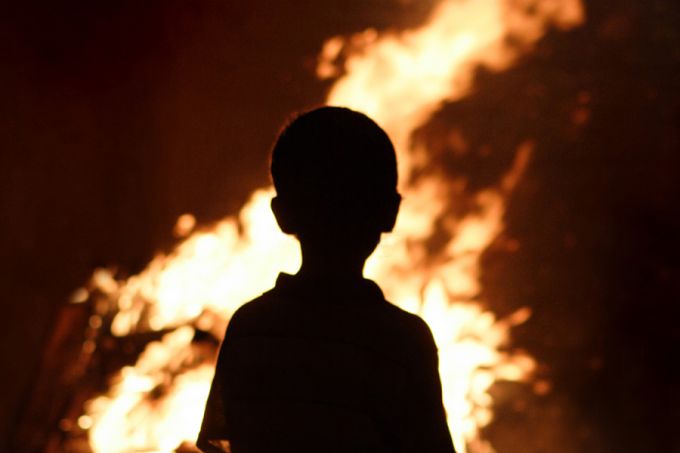
By Matt Hadro
.- A U.S. designation of genocide for ISIS’ actions would offer prompt and significant support to the religious minorities it has targeted, said one researcher, warning that history cautions against inaction.
“It is striking what a difference that word makes,” Gregory Stanton, president of Genocide Watch and a research professor at George Mason University, told the House Subcommittee on Africa, Global Health, Global Human Rights, and International Organizations in his Dec. 9 testimony on Capitol Hill. Stanton’s group studied past use of the terms “genocide” and “ethnic cleansing” in four previous genocides: Rwanda, Bosnia, Kosovo, and Darfur.
They found that if the term “ethnic cleansing” was used to describe atrocities against an ethnic or religious group, no action was taken to stop the violence. However, if the term “genocide” was used publicly, action was subsequently taken to stop the atrocities.
“The reason why it is so powerful,” he continued, “is that ‘genocide’ actually means the destruction of a people.” He added that it “therefore impoverishes the entire human race,” he added, and is a “crime against the entire future of the human race.”
Sara Miller Llana, Christian Science Monitor
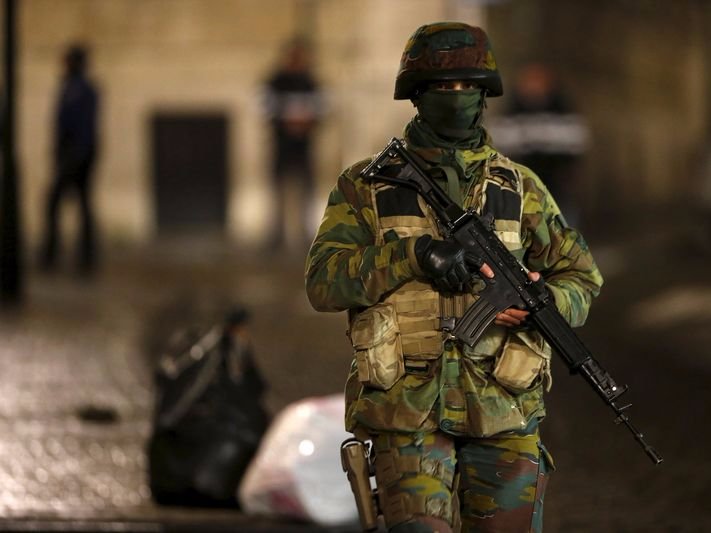
The forces that shape capital cities can often be hard to understand – but Belgium’s case may stand alone.
Brussels is the de facto hub of the European Union, as well as hundreds of other international organizations. In a country whose 11.2 million people are divided between Dutch speakers in the north and French speakers in the south, it maintains a mind-boggling bureaucracy to accommodate rival groups. It is officially bilingual, even though two-thirds of the population are either foreign or of recent foreign origin.
Brussels, to many observers, serves as capital of either a dysfunctional continent or a tiny nation with outsized political problems. But jolted by the ease with which the perpetrators of the Paris attacks slipped between their homes in Brussels and the French capital, Europeans are now demanding an answer to a very basic question: What is it about Belgium that has given it an equally outsized role in terrorism?
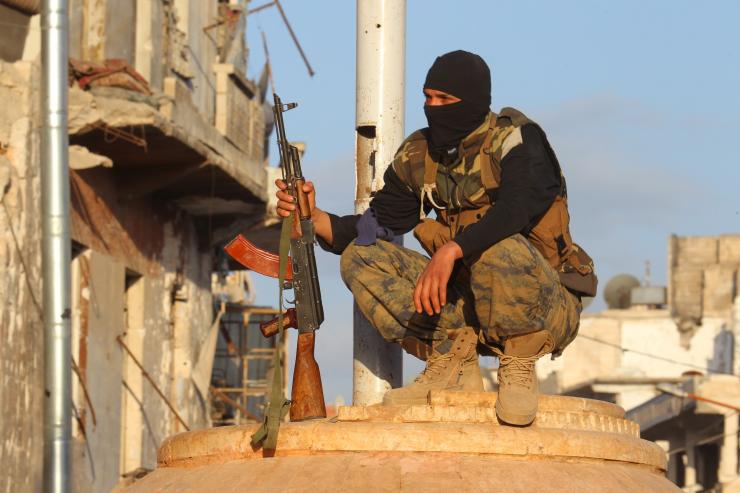
By
BEIRUT– A senior commander in Jabhat al-Nusra, the Syrian branch of al Qaeda, and at least eight other militants were killed Wednesday, in an operation jointly conducted in northeastern Lebanon by the Lebanese army and the Shiite armed group Hezbollah.
Lebanon’s National News Agency reported that Abou Firas al-Jebbeh, a Nusra leader and three of his men, who were residing in Wadi Khalid, just outside the border town of Arsal, were among those killed.
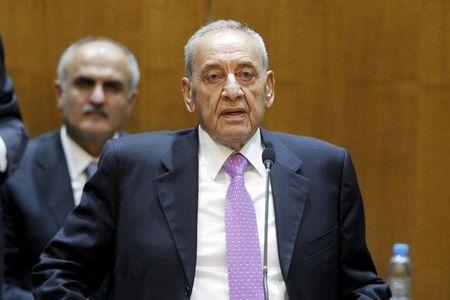
BEIRUT (Reuters) – Lebanon’s parliament speaker called for an understanding between two Christian politicians over the presidency that has been vacant for 18 months, saying continued political deadlock was only serving terrorism.
The call by Nabih Berri, one of Lebanon’s most powerful politicians, was directed at Christian leaders Michel Aoun and Suleiman Franjieh, who were due to meet on Wednesday and expected to discuss the presidential crisis.
Franjieh, a friend and ally of Syrian President Bashar al-Assad, has been proposed as president in a power-sharing deal tabled by Saad al-Hariri, a Sunni Muslim politician backed by Saudi Arabia.
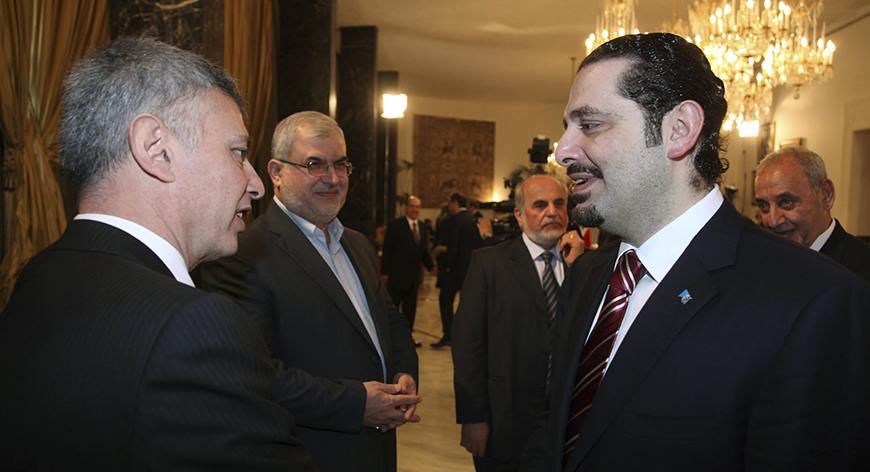
Reuters
BEIRUT: Talks aimed at ending Lebanon’s 18-month-long presidential vacuum are not going smoothly, a Christian leader said on Tuesday, casting doubt on the outlook for a power-sharing proposal aimed at reviving the paralysed government.
The proposal tabled by Sunni Muslim politician Saad al-Hariri marks the most serious effort yet to resolve a political crisis that has been exacerbated by region-wide conflict.
Under the plan, Hariri would become prime minister, while Suleiman Franjieh, a friend and ally of Syrian President Bashar al-Assad, would become Lebanese head of state.
A senior member of Hariri’s Future Movement has warned that the alternative to the deal could be civil strife.
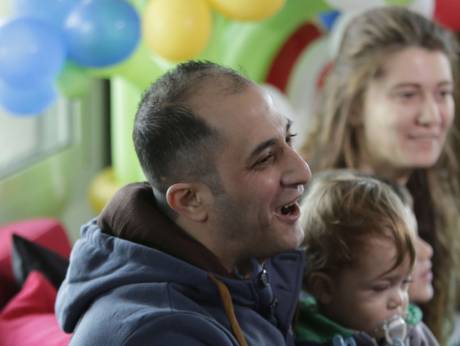 \
\
AFP
Kobayat, Lebanon: Lebanese soldier George Al Khouri cried for days after Al Qaida executed a fellow captive during one of the lowest points of his 16-month ordeal as a hostage of the group.
Now back home in northern Lebanon, he can barely believe he is free and safe.
“My God, how long I’ve waited to see my son Michael,” he says in the living room of his home in Kobayat, with his mother, his wife and their second son Andrew seated around him.
The 30-year-old was among several dozen Lebanese police and soldiers kidnapped by Al Qaida’s Syrian affiliate Al Nusra Front and Daesh from the border town of Arsal in August 2014.
After months of failed negotiations and desperate pleas from their relatives, Al Nusra last week freed the 16 captives it held in exchange for the release of prisoners in Lebanese jails and aid.
Al Khouri joined the army in 2004, to reluctantly fulfil his compulsory service, but stayed on after landing an easy posting at a military hospital.
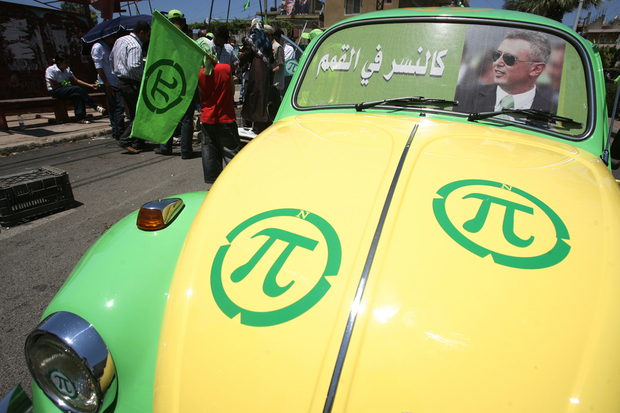
car decorated with the logo and colours of the Christian movement of Al-Marada led by candidate Suleiman Frangieh
by Makram Rabah middleeasteye.net
For the majority of the Lebanese, the recurrent news of the failure of their parliament to achieve the required quorum to elect a new president has become something of a common occurrence if not a trifling affair. Over the last 18 months, the Lebanese parliament has failed 32 times to convene, mainly due to the refusal of the March 8 pro-Iranian faction to move forward on this matter unless their main candidate, Michael Aoun, is the sole contender.
This reality has recently changed as Aoun, the aging frontrunner for the presidency, found himself outflanked and possibly replaced by one of his allies, Suleiman Frangieh. Frangieh, renowned for his bare fist approach to politics, has on many occasions flaunted his brotherly relationship with current Syrian President Bashar al-Assad, going as far as announcing “Assad is my friend and brother and he will remain so”.
The drastic change however is not the fact that Frangieh overtook Aoun, momentarily at least, but rather that this change was made possible after both Walid Jumblatt and Saad al-Hariri – both ardent opponents of Bashar al-Assad and his regime – endorsed this nomination.
This initiative lead by Jumblatt, a veteran strategist, has been received with mixed emotions by the Shia leadership rivals of Amal, led by Parliament Speaker Nabih Berri, and Hezbollah, led by Hassan Nasrallah. Hezbollah up until this moment has neither endorsed nor rejected this deal, which in itself weakens Aoun’s chances, especially given that Berri harbours no real affection for Aoun, who has attacked him on various occasions.
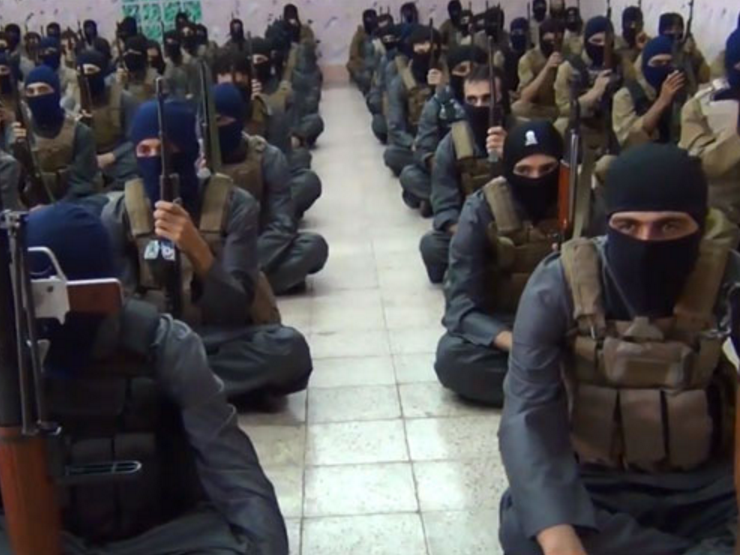
Shiv Malik, The Guardian
A leaked internal Islamic State manual shows how the terrorist group has set about building a state in Iraq and Syria complete with government departments, a treasury and an economic programme for self-sufficiency, the Guardian can reveal.
The 24-page document, obtained by the Guardian, sets out a blueprint for establishing foreign relations, a fully fledged propaganda operation, and centralised control over oil, gas and the other vital parts of the economy.
The manual, written last year and entitled Principles in the administration of the Islamic State, lays bare Isis’s state-building aspirations and the ways in which it has managed to set itself apart as the richest and most destabilising jihadi group of the past 50 years.
Together with other documents obtained by the Guardian, it builds up a picture of a group that, although sworn to a founding principle of brutal violence, is equally set on more mundane matters such as health, education, commerce, communications and jobs. In short, it is building a state.
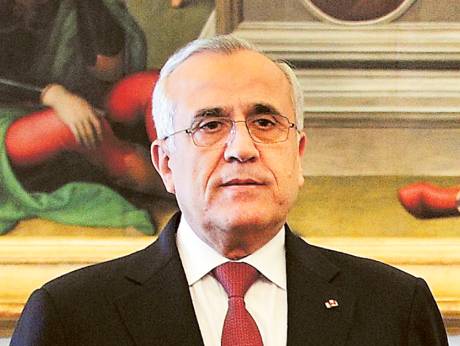
By Joseph A. Kechichian Senior Writer – Gulf news
Beirut: Former Lebanese President Michel Sulaiman announced the formation of a new political party that he would be heading at a gathering of Lebanese political figures on Sunday.
The Republic Forum party (Liqa Al Jomhouriya) would be a centrist party that would strive to provide an alternative for Lebanese in a deeply polarised society where the two main political alliances are the pro-Syrian March 8 group and the anti-Syrian March 14 group.
In his detailed “National Document”, Sulaiman pledged to: 1) improve the 1990 Taif Accords that ended the 15-year-long civil war in which 150,000 Lebanese lost their lives 2) implement a decentralisation plan to empower local authorities 3) introduce a new electoral law that would represent everyone in the country fairly.
Under a prominent banner that read “Only the State” (Al Dawla Faqat), the gathering assembled leading political, diplomatic, military, economic, media, cultural and social figures, though current tenors were absent. The only head of a party present was Sami Gemayel (Phalange), although others dispatched their lieutenants. Minister of the Interior Nouhad Machnouk represented Sa’ad Hariri, Atef Majdalani (Future Movement) stood in for Fouad Siniora, Ghazi Al Aridi (Progressive Socialist Party) represented Walid Junblatt, Antoine Zahra (Lebanese Forces) represnted Samir Geagea, and Hagop Pakradounian (Tashnag) represented Hovig Mikhitarian.
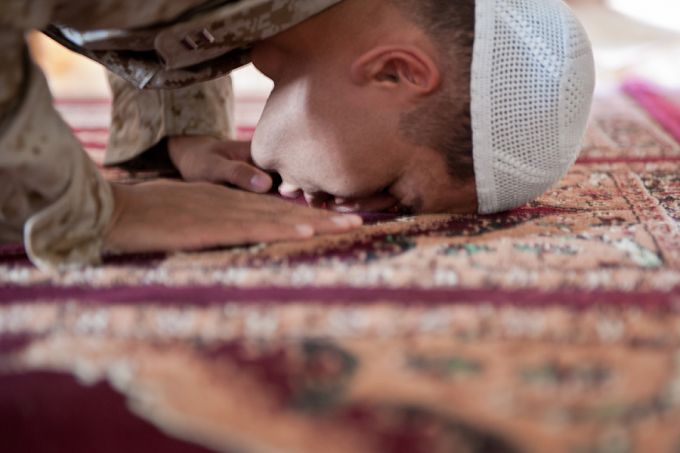
.- Islam needs a “reformation” that can only be achieved by Muslims speaking out against extremism and promoting human rights, said a panel of Muslim public figures on Thursday.
“If Muslim minorities in non-Muslim countries are to be protected, we must demand the protection of non-Muslims within Muslim-majority countries,” said Farahnaz Ispahani, former member of the Pakistani Parliament, at the Heritage Foundation in Washington, D.C. on Thursday.
Ispahani was part of a panel of Muslims speaking out against ISIS and Islamist extremism. The panel agreed that Muslims and Western democratic countries must not deny that Islamist extremism is behind acts of terrorism and human rights abuses worldwide, but rather work to counter that ideology.



